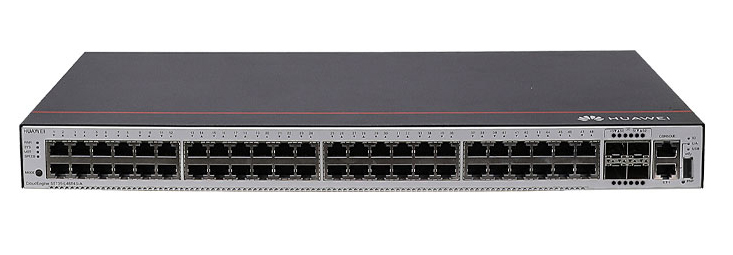































The 21st-century world runs on computers. And computers run on programs. Understanding computer programming unlocks the power of computing systems -- and programming opens career doors.
Computer programs communicate information to computing devices. Computers then carry out tasks based on the program instructions. Simple programs tell computers to run calculations, while complex programs can run video games, analyze big data, or drive a car.
Our guide defines computer programs, explores uses of programming, and looks at the knowledge and skills required for careers in programming.
What is computer programming? Programming, also known as coding, refers to the process of writing instructions for computing devices and systems. A computer program translates those instructions into a language that computers can understand.
Computer programmers use many different languages to command computers. Popular programming languages include Python, JavaScript, Java, and the C-languages.
The tech industry relies on computer programming to create innovative new uses for computers. Groundbreaking fields like machine learning and artificial intelligence depend on computer programming.
Computer users interact with programs frequently. Web browsers, for example, are specialized computer programs. These user-facing programs fall into the category of front-end development. In contrast, back-end development creates programs for tasks the user does not see, including server communication.
Computer programmers created every application that computers run -- from photo editing software to word processors and web browsers. Programming languages unlock the power of computing systems. And without computer programming, our computing devices would not function.
In addition to the uses of programming visible to users, programming languages also manage the hidden side of computing. Programs pull information from databases, implement security procedures to protect private data, and operate memory backup systems.
Computer programmers write code in languages like JavaScript, Python, and C++. Depending on their focus area -- web development, mobile application development, software engineering, and so on -- they use different languages.
Computer programmers need more than fluency in one or more programming languages. They also need to know how to debug and modify code. Programmers often work in teams.
The process of creating a program is complex and involves steps such as:
Conceptualizing the goal of the application
Building a layout of the different parts of the program
Writing code
Debugging the code and resolving any errors
Testing the application
Releasing the program to beta users
Many tech jobs require programming skills. For example, computer programmers, web developers, software developers, and software engineers all use coding skills regularly.
According to the Bureau of Labor Statistics, the median annual wage for computer and information technology occupations was$91,250 in May 2020, more than twice the$41,950 median annual wage for all occupations. The best computer science jobs also show growth above the national average.
Other computer programming jobs include:
Database administrator
Computer systems analyst
Information security analyst
Data scientist
Network architect
Computer programmers gain coding skills through college programs, coding bootcamps, and self-study. A degree in computer science or programming builds strong coding skills. If you're wondering how to become a software engineer, researching training options is a good place to start.
Students can also enroll in online courses, certificate programs, or bootcamps focused on particular programming languages.
Prospective programmers should consider their strengths and career goals when choosing languages to learn. The easiest programming languages have simple syntax and can provide an entry point for tackling more complex languages. Note that different career paths require different programming languages.
Programming languages tell computing systems to perform tasks. Programmers code software, hardware, and other applications that allow people to use computers.
Learning a programming language requires attention to detail and strong problem-solving skills. Focusing on an easier programming language helps new learners master core programming skills.
Computer programmers use many different languages, including JavaScript, Python, C++, and Java. Tech professionals use different languages depending on their goals and focus areas.
In 2019, Monali Mirel Chuatico graduated with her bachelor's in computer science, which gave her the foundation that she needed to excel in roles such as a data engineer, front-end developer, UX designer, and computer science instructor.
Monali is currently a data engineer at Mission Lane. As a data analytics captain at a nonprofit called COOP Careers, Monali helps new grads and young professionals overcome underemployment by teaching them data analytics tools and mentoring them on their professional development journey.
Monali is passionate about implementing creative solutions, building community, advocating for mental health, empowering women, and educating youth.
Monali Mirel Chuatico is a paid member of the Red Ventures Education freelance review network.
 Tags quentes :
Informática & Tecnologia
Tags quentes :
Informática & Tecnologia